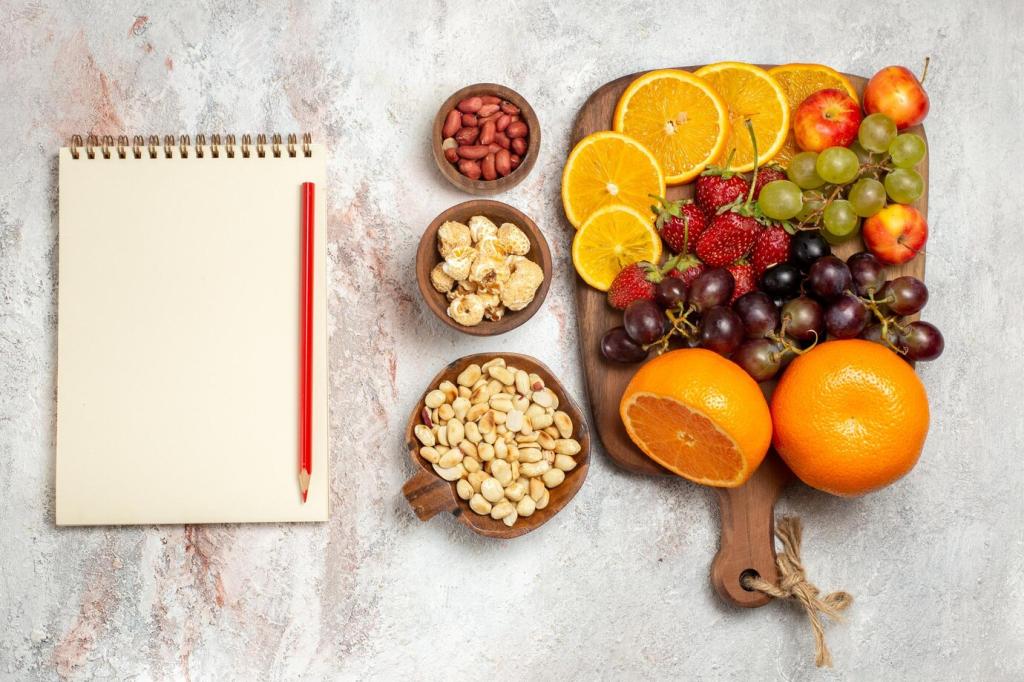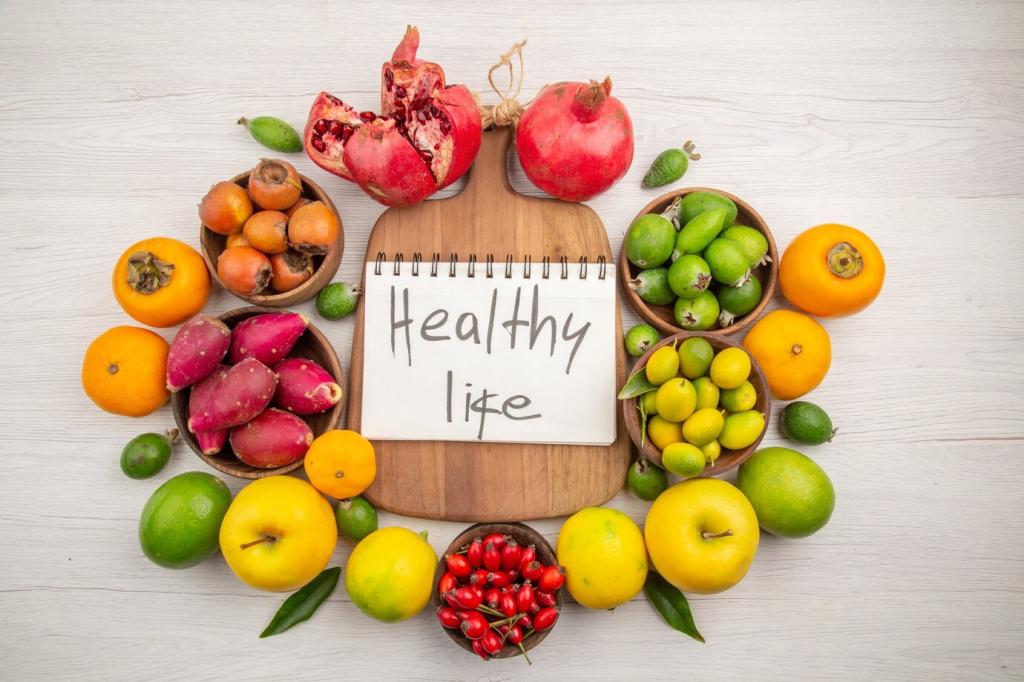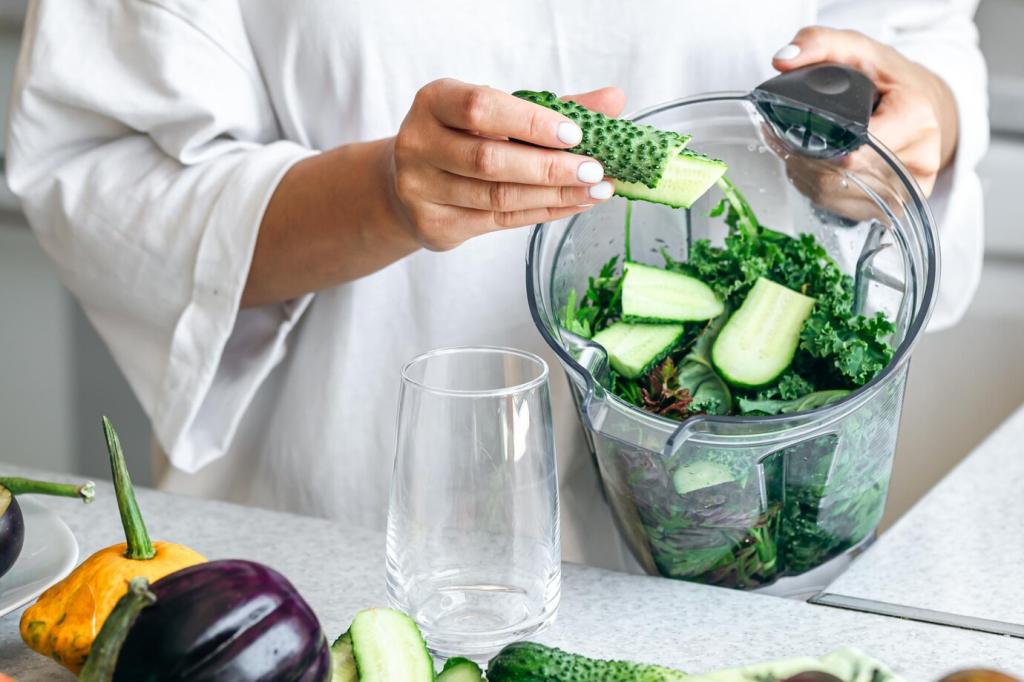Macronutrients for Athletes: Fuel, Recover, Perform
Chosen theme: Macronutrients for Athletes. From the start line to the last rep, learn how carbohydrates, proteins, and fats work together to power training, sharpen recovery, and turn consistency into personal bests.

Carbohydrates: The High-Octane Fuel Behind Every Strong Session
A rower once told me his breakthrough happened after finally respecting carb intake: topping up glycogen meant his final 500 meters surged instead of sagged. Carbohydrates refill muscle and liver stores that actually move the boat, barbell, or bike.

Protein: Repair, Remodeling, and Resilience
Leucine Threshold: Turning the Key on Recovery
Around 0.3 grams of protein per kilogram bodyweight, including leucine-rich sources like dairy, eggs, or soy, helps trigger muscle protein synthesis. Think Greek yogurt with berries or tofu scramble to press the repair button effectively after training.


Spread It Out: Four Anchors Beat One Big Bolus
Distributing protein across breakfast, lunch, post-workout, and dinner supports continual rebuilding better than a single heavy serving. Add a palm-sized source at each meal to improve recovery without overcomplicating your day.
Dietary Fats: Endurance, Hormones, and Staying Power

Adequate fats support sex hormones, absorb fat-soluble vitamins, and help meals satisfy appetite. Under-eating fat can show up as stalled progress, brittle moods, and lingering fatigue, especially during heavy training phases.

Timing and Periodization: Fuel for the Work Required
On explosive or long endurance days, raise carbohydrate availability before and after to protect intensity and speed recovery. Easier days can taper carbs slightly while holding steady protein to keep muscle remodeling on track.
Sport-Specific Macro Strategies: One Size Doesn’t Fit All
Endurance blocks often thrive at 5–10 g/kg carbs, while strength or power cycles may sit nearer 3–6 g/kg with consistent protein. Adjust fat to support total energy needs without displacing the carbs that drive your key sessions.
If you must reduce body mass, keep protein high, taper carbs strategically around lower-intensity work, and protect sleep. Avoid crash tactics that drain glycogen, blunt training quality, and backfire on competition day.
What are your biggest macronutrient challenges in your sport—back-to-back games, double sessions, altitude camps? Share below, and subscribe for sport-specific macro blueprints designed with real training schedules in mind.

Complete Proteins and Smart Pairings
Combine legumes with grains, lean on soy or pea protein, and include nuts and seeds to round out amino acids. Keep an eye on B12, iron, and calcium while nailing that 0.3 g/kg post-workout protein dose.
Gluten-Free Carbohydrates That Travel Well
Rice cakes, potatoes, corn tortillas, quinoa, polenta, and fruit gels offer reliable carbs without gluten. Build portable options you can eat immediately after training to speed glycogen restoration on busy days.
Share a Recipe, Inspire a Teammate
Post your favorite plant-forward, macro-balanced meal—think tofu poke bowls, lentil shepherd’s pie, or chickpea pasta with olive oil. Subscribe for a rotating meal-prep plan that aligns with peak weeks and deloads.
